Irish slang is a vibrant and colorful part of the Irish language. It is used by people of all ages and backgrounds, and it can be found in everyday conversations, in literature, and in the media.
Welcome, dear reader! Today, we embark on an exciting journey to explore the enticing world of Irish slang. Prepare to be enamored by the captivating linguistic tapestry that weaves together history, culture, and the vibrant spirit of the Irish people. So, grab a cuppa and get ready to crack the code of Irish slang!
Unveiling the Origins and Influences
Irish slang is not just a random assortment of words and phrases; it is steeped in history and influenced by various factors that have shaped the Irish language and culture.
Historically, Gaelic, the ancient language of Ireland, had a significant impact on Irish slang. Even after the introduction of English, Gaelic words and phrases found their way into everyday conversations, allowing for a unique fusion of linguistic traditions.
Additionally, British colonization left its mark on Irish slang. English terms blended with local idioms, creating a distinct vocabulary that reflects both resistance to and assimilation of British rule.
Cultural influences also play a crucial role in the evolution of Irish slang. Irish literature, music, and folklore have not only preserved the language but also introduced new expressions and phrases. These cultural touchstones celebrate the Irish spirit and contribute to the ongoing development of the lexicon.
Unraveling Common Irish Expressions
Irish slang is as diverse as the Irish landscape itself. Let’s take a closer look at some common expressions that have become synonymous with the Irish way of life.
Historically, Gaelic, the ancient language of Ireland, had a significant impact on Irish slang. Even after the introduction of English, Gaelic words and phrases found their way into everyday conversations, allowing for a unique fusion of linguistic traditions.
Additionally, British colonization left its mark on Irish slang. English terms blended with local idioms, creating a distinct vocabulary that reflects both resistance to and assimilation of British rule.
Cultural influences also play a crucial role in the evolution of Irish slang. Irish literature, music, and folklore have not only preserved the language but also introduced new expressions and phrases. These cultural touchstones celebrate the Irish spirit and contribute to the ongoing development of the lexicon.
Unraveling Common Irish Expressions
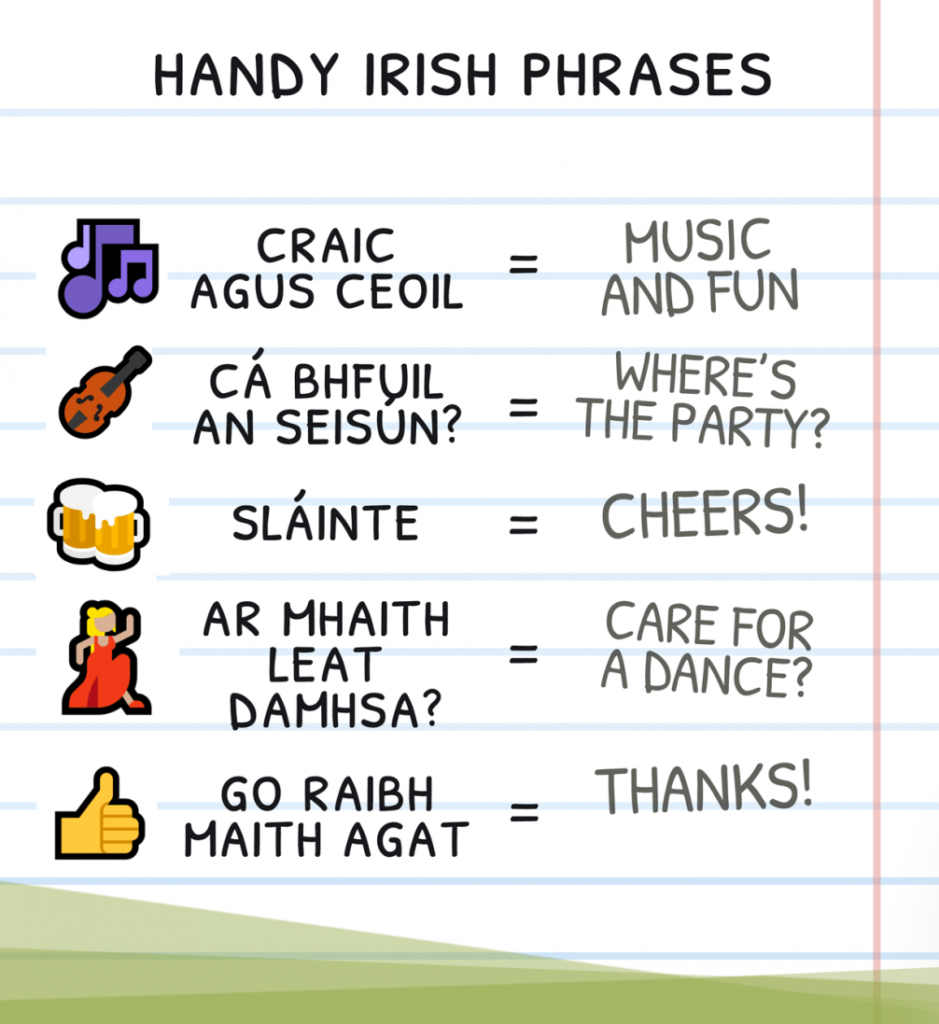
Irish slang is as diverse as the Irish landscape itself. Let’s take a closer look at some common expressions that have become synonymous with the Irish way of life.”Craic” – The cornerstone of Irish slang
Ah, the elusive “craic”! This peculiar word encapsulates the essence of Irish hospitality, storytelling, and the pursuit of good times. Used to describe the fun and banter in a social setting, “craic” is the gateway to a truly Irish experience.
Whether you hear someone asking “What’s the craic?” or exclaiming “It was mighty craic last night!”, you now know they are referring to the enjoyment and general merriment of the moment.
“Grand” – Another all-around favorite
If something is “grand,” it’s more than just okay – it’s perfect! This versatile adjective is a go-to for the Irish when describing situations, people, or just about anything. So, when you’re asked how you’re doing and you respond with a cheerful “I’m grand,” you’re saying you couldn’t be better!
Keep in mind that “grand” in Irish slang often carries a deeper sense of contentment and satisfaction, reflecting the innate optimism that runs through Irish veins.
“Feck” and “Eejit” – A playful twist on profanity
Irish slang has a knack for finding playful alternatives to curse words, and “feck” and “eejit” are prime examples. Used affectionately more than offensively, these words showcase the Irish sense of humor and their charming ability to turn profanity into something more light-hearted.
The word “feck” is a gentler substitute for a certain expletive, while “eejit” playfully refers to someone who has done something silly. In the Irish lexicon, these terms often evoke laughter rather than offense.
Irish slang is often used to express humor, to make a point, or to simply add color to a conversation. It can be used to describe people, places, things, and events.
There are many different types of Irish slang, including colloquialisms, idioms, phrases, and sayings. Some of the most common Irish slang terms include:
- Amadan – a fool
- Béal bocht – a big mouth
- Ceol mór – a good time
- Éirigh as an gcoill – get out of the woods
- Gan chaint – without saying anything
Irish slang can be a fun and informative way to learn more about the Irish language and culture. If you are interested in learning more about Irish slang, there are many resources available online and in libraries.
Also read: British slang
Dublin slang – City slickers’ linguistic flair
The fast-paced lifestyle of Dubliners reflects in their unique slang. From phrases like “shift” (to kiss someone) to “the Jacks” (toilet), Dubliners have a linguistic flair that perfectly reflects their urban identity and sense of humor. So, if you ever find yourself in the capital, brush up on some Dubspeak to fit right in!
Rural jargon – The charm of the countryside
In rural areas, Irish slang often exhibits agricultural and community-based terminologies specific to each locality. With deep-rooted connections and a strong sense of community, these regions preserve a wealth of unique expressions that locals use to communicate and connect. Embrace the charm of rural Ireland by immersing yourself in their distinctive slang!
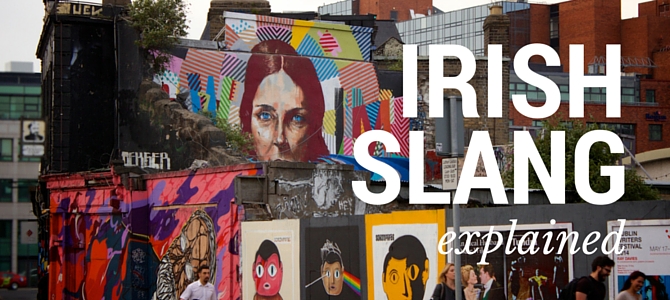
Communicating Like the Irish
Now that we’ve cracked the code on Irish slang, it’s time to put it into practice. Here are a few tips to help you navigate this linguistic wonderland with ease.
Tips for understanding and embracing Irish slang
When encountering Irish slang, it’s crucial to approach it with an open mind and a willingness to learn. Immerse yourself in Irish culture by reading books, listening to traditional music, or indulging in local tales and folklore. This way, you’ll develop a deeper understanding and appreciation for the origins and meanings of Irish slang.
Don’t be afraid to ask for clarification when you encounter unfamiliar expressions. The Irish are known for their friendly nature, and they’ll be more than happy to help you unravel the mysteries of their unique slang.
The etiquette of using Irish slang
As with any dialect, it’s essential to use Irish slang with respect and cultural sensitivity. Be aware of the context and appropriateness of certain expressions. What may be harmless banter among friends might not be appropriate in more formal settings. A genuine interest in Irish culture will guide you towards using slang in a way that enriches conversations and fosters connections.
Also read: Australian slang
FAQs
Q: What is Irish slang?
A: Irish slang is a collection of words and phrases that are used in Ireland. It is often used to express humor or to add emphasis to a statement.
Q: What are some common Irish slang terms?
A: Some common Irish slang terms include:
* craic – fun, enjoyment
* begorrah – an exclamation of surprise or disbelief
* feckin’ – an expletive
* grand – good, fine
* sure – yes, of course
Q: How do I use Irish slang correctly?
A: The best way to use Irish slang correctly is to listen to how it is used by native speakers. You can also read books and articles that use Irish slang.
Q: Is it offensive to use Irish slang?
A: It is generally not considered offensive to use Irish slang. However, there are some slang terms that can be offensive, so it is important to be aware of the context in which you are using them.
Conclusion
We’ve reached the end of our thrilling expedition through the captivating world of Irish slang. In our explorations, we discovered the historical influences, unraveled common expressions, and dived into regional dialects. Now armed with linguistic insights, you’re prepared to immerse yourself in the charm of Irish colloquialisms, fostering connections and shared experiences with the Irish people. So, go forth, armed with your newfound knowledge. Use Irish slang to sprinkle a touch of magic onto your conversations, and open the door to an infinitely more colorful and vibrant world. Sláinte!

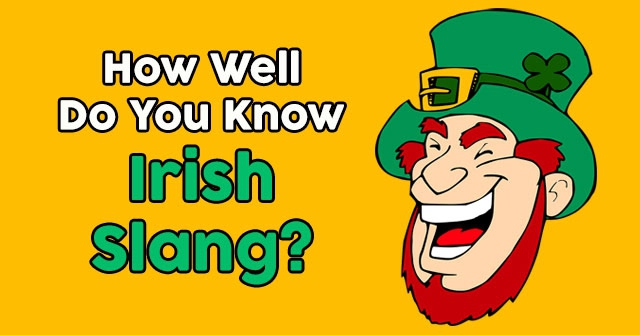
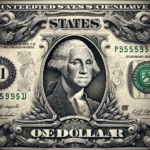


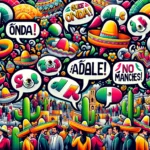


2 thoughts on “Irish slang”